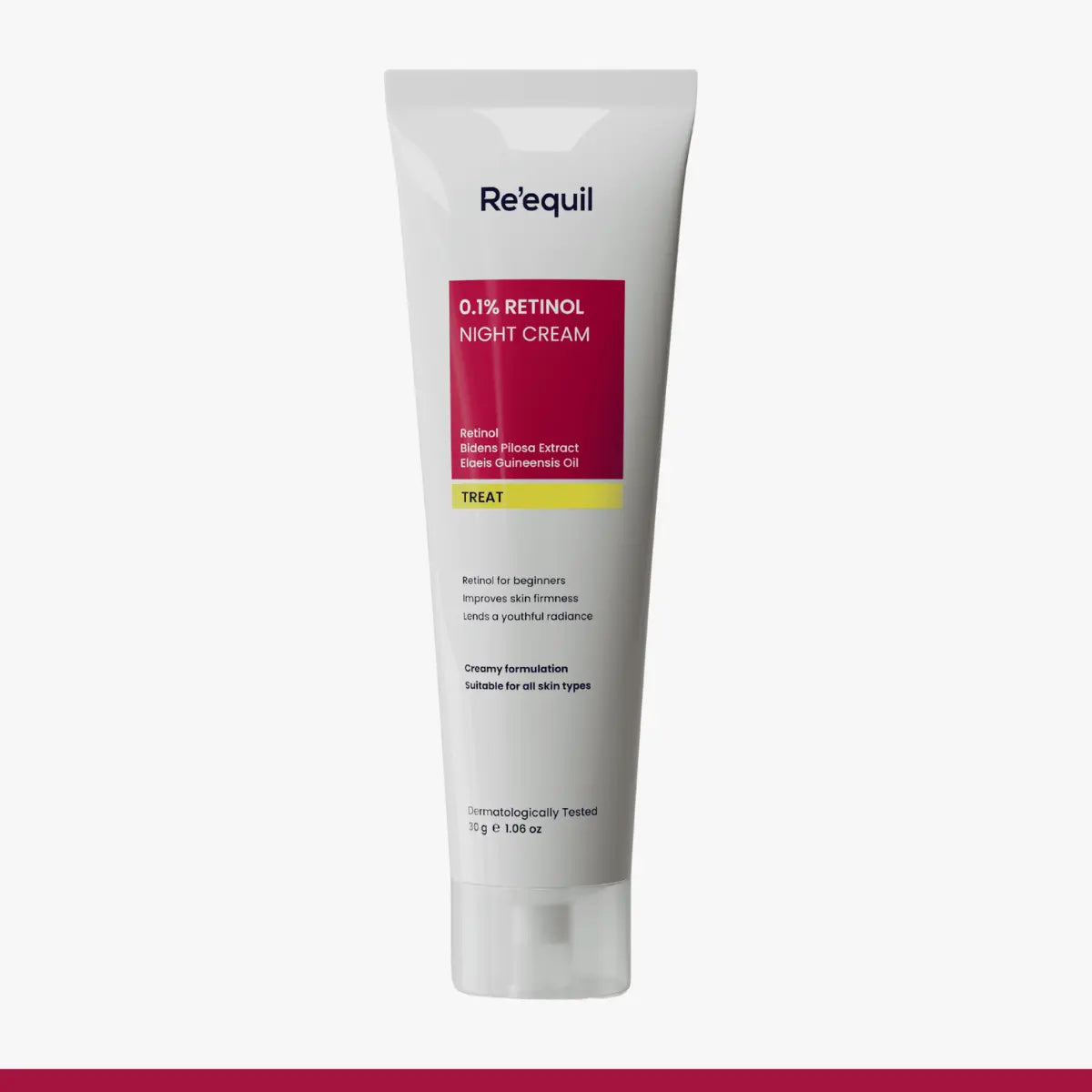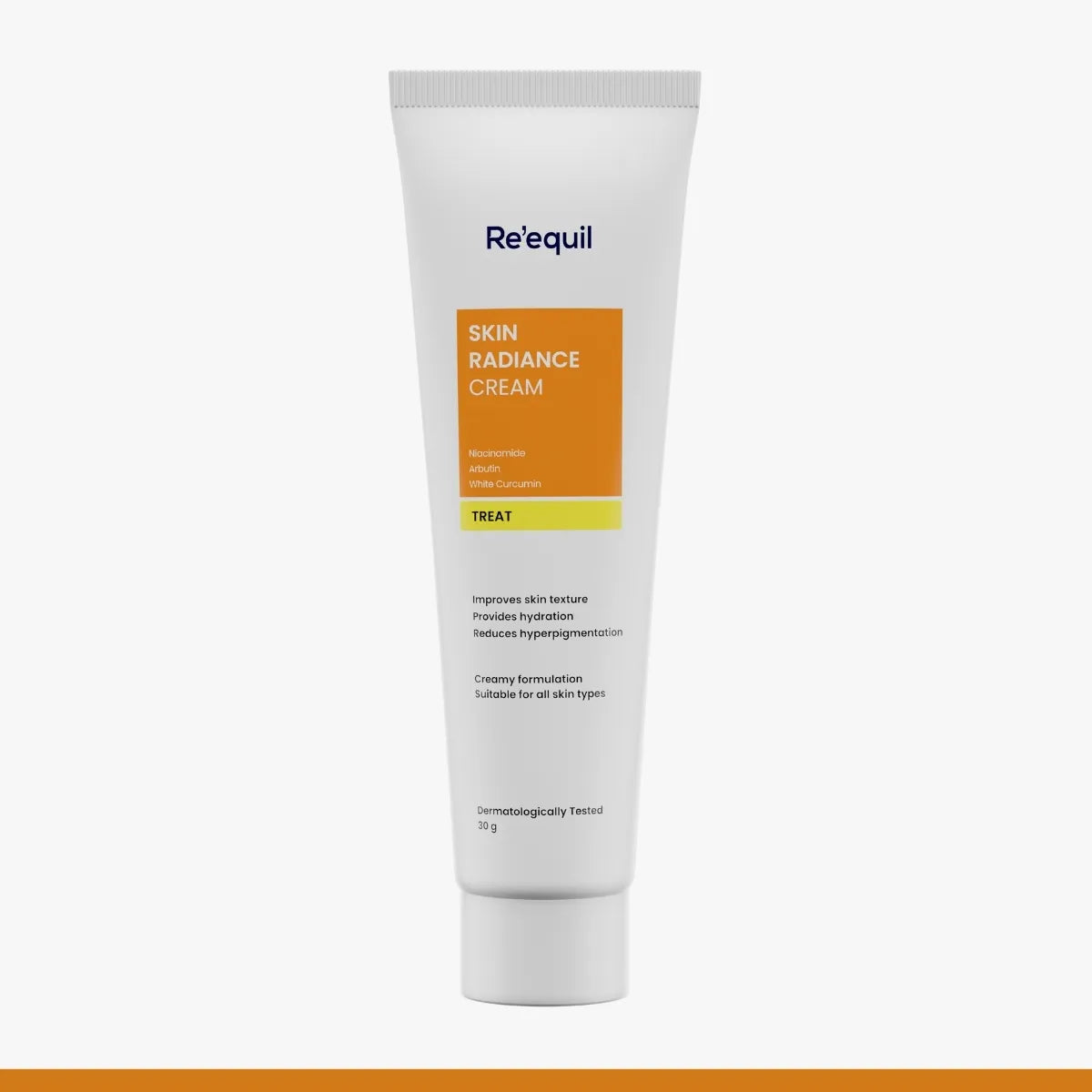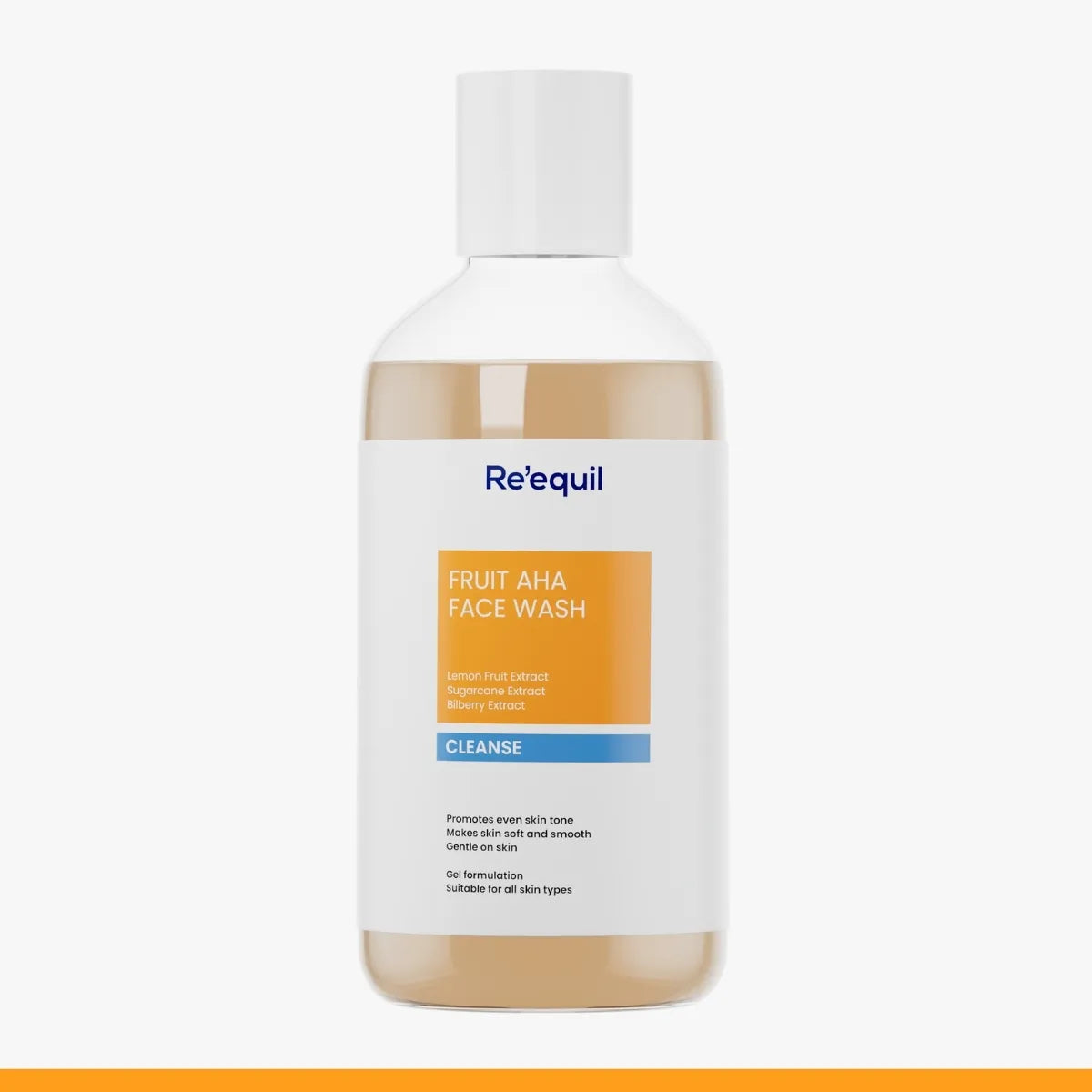Whether you are starting a new or upgrading your skincare regimen, there is one thing you should be cautious of; converting your bathroom to a laboratory!
Some things work well when paired up, and others prefer having their own space. Vitamin C has always taken center stage for all positive reasons; clearing dark spots, and fighting premature ageing to smoothening the appearance of fine lines.
To fully draw the benefits of your skincare routine requires understanding your skin type and targeting your specific needs. However, before mixing or layering different products, you need to know which ones go well together and which do not.
Generally, people commit THESE mistakes when using vitamin C. Read this blog to learn more.
What Should You NOT Mix With Vitamin C Serum
Salicylic Acid and Vitamin C
Salicylic acid, also known as Beta Hydroxy Acid (BHA), is an oil-soluble acid that helps clear acne and blemish by wiping off oil and dead skin from pores. However, you may consider going slow on mixing it with vitamin C. Salicylic Acid alters the pH of vitamin C, hence lowering its effectiveness.
Instead of mixing vitamin C and salicylic acid together, try using them separately, maybe vitamin C in the morning and Salicylic Acid at night.
Alpha Hydroxy Acid (AHA) and Vitamin C
Hydroxy acids are photosensitive and exfoliating. Mixing glycolic acid and vitamin C can cause irritation and dry skin. Futhermore, vitamin C is an acid itself, and combining it with another acid can damage the skin and its ability to recover.
It is best to use alpha hydroxy acid with vitamin C separately at different times. For example, you can use vitamin C serum in the morning and alpha hydroxy acid in the evening.
Can we use retinol and vitamin C together? The answer is here!
Mixing retinol and vitamin C together has been quite a subject of discussion, with doubts about whether it is okay or not. The uncertainties are based on the differences in their pH levels.
Typically, the skin needs a low pH level of between o to 3.5 to absorb vitamin C and a higher pH level of around 5.5 to 6 to absorb retinol. When these two are combined, the pH level of vitamin C rises while that of retinol decreases.
Methods of layering Retinol and Vitamin C
Direct retinol and vitamin c mixture can cause skin sensitivity and irritation. in case you experience any of these symptoms, try the following tips:
- Apply vitamin C in the morning and Retinol in the evening. Vitamin C best works in the morning by protecting your skin from UV rays, while retinol is best used at night because it increases skin sensitivity.
- Alternate them each night. Use vitamin C one night and retinol on the next, giving your skin more time to absorb each ingredient.
- Apply vitamin C 30 minutes before applying retinol to give your skin time to absorb vitamin C and return to its regular pH.
Ingredient Combinations with Vitamin C
You can maximize vitamin C's benefits by combining it with other antioxidants-
Vitamin E + Vitamin C
Vitamins are an essential part of your body and key to flawless skin. You can treat acne and psoriasis and get back or maintain your youthful appearance through vitamins.
Vitamin C and E are both oxidants that may give your skin protection from the sun by neutralizing free radical damage. Vitamin C protects the skin from sun damage, while vitamin E absorbs the sun's harmful UV light, therefore, protecting you by preventing dark spots and wrinkles.
Also, vitamin E helps prevent dryness and treat skin inflammation, especially for people with dry skin.
Can we use hyaluronic acid with vitamin c?
Mixing vitamin C and Hyaluronic acid is a good idea because, while vitamin C protects your skin from sun damage, hyaluronic acid makes sure your skin is moisturised by locking in moisture.
When paired together, they make a more potent formula that helps prevent hyperpigmentation (melasma) and ageing appearance on your skin. In addition, this combination works well for normal to dry skin types .
Using a high vitamin C concentration product can irritate your skin or cause dryness. However, mixing it with hyaluronic acid will neutralize the effects by nourishing and moisturizing the skin. The good thing is that no potential risk of combining these two has been recorded. Dermatologists recommend using these two once every morning before applying sunscreen.
Vitamin C + Niacinamide
Niacinamide is a form of vitamin B3 helpful in treating acne, hyperpigmentation, enlarged pores, and preventing signs of ageing. Vitamin C and Niacinamide complement each other and work perfectly in skin brightening, treating loss of skin firmness and wrinkles.
Older research showed that mixing these two can cause skin inflammation. However, scientists wrongly interpreted the science behind it because it needs to be exposed to extremely high heat for these two to change to niacin, which is almost impossible in skincare products. Also, the ingredients were non-stabilized compared to the stabilized modern components during that time.
Vitamin C derivatives like Sodium Ascorbyl phosphate shows good compatibility with Niacinamide. Both ingredients share same pH values, so they work better when combined together.
Niacinamide works in preventing acne by reducing the production of sebum and strengthening the skin barrier. It reduces the rate at which oil is produced for people with oily skin, making pores look smaller. Vitamin C, on the other hand, protects you from the sun's UV rays' damage and increases the production of collagen responsible for preventing wrinkles.
Vitamin C and Alpha arbutin
Alpha arbutin is used mainly for boosting skin radiance and treating skin hyperpigmentation , but works best if layered with other formulas like vitamin C. Vitamin C is an antioxidant; it helps neutralize free radicals present in the skin.
Vitamin C and alpha arbutin work the same way, therefore, perfectly complement each other. Vitamin C is a skin tone brightening agent that reduces wrinkles, while alpha arbutin, lightens dark spots and treats uneven skin tones. Dermatologists recommend using this mixture both day and night for the best results.
Choose the best skin care routine for your skin
Finding a product that matches your skin is a win, but it is equally important to use it correctly. Applying or mixing them incorrectly can make your skin flaky, dry, or increase wrinkles. Whatever skincare product you decide to use, patience and consistency is always the key. Every skin is unique, so observe how yours reacts to different ingredients.





